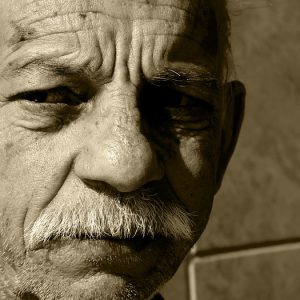One Out Of Three: Older Adults And Feelings of Loneliness

One Out Of Three: Older Adults And Feelings of Loneliness
March 13, 2019
It may not come as a surprise, but the statistics are nonetheless distressing. In a new national poll of adults ages 50-80 from the University of Michigan, one in three respondents admitted they feel a lack of companionship and many also conveyed a feeling of social isolation. Women were especially prone to these feelings, as were people who lived alone and those who lived in lower-income households. The news is not good and has serious implications not only for individuals and families but for our broader public health system. It’s now common to equate the health impact of loneliness to the detrimental impact of smoking, and for older men who live alone, their risk of dying prematurely is 23% higher than those who live with others.
Older individuals are highly susceptible to feeling alone or isolated and these feelings can be exacerbated by such impairments as hearing loss, limited mobility or dementia. While you need to know the specifics of a situation in order to determine the best way to address these concerns, it’s clear that social connections and the creation of meaningful relationships can go a long way toward helping those who feel lonely. A recent story on NPR profiled the Senior Companion Program that exists in rural Maine as part of the Corporation for National and Community Service. The program pays a small stipend to active older adults to become companions and friendly visitors for isolated seniors in their communities. It’s definitely a win-win in creating conversation and companionship while providing meaningful work for those who volunteer to be companions. And another program you may want to investigate is the work of Hope Reiner, the professional behind the agency Hope and I based in New York City. A trained geriatric expert with years of experience working one-on-one with lonely and isolated seniors, Hope employs “Friend Power” to forge authentic relationships with her clients- and she brings joy and meaningful engagement into the lives of many who are otherwise alone. You can read a new agebuzz interview with Hope Reiner here.







